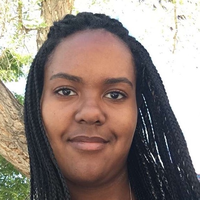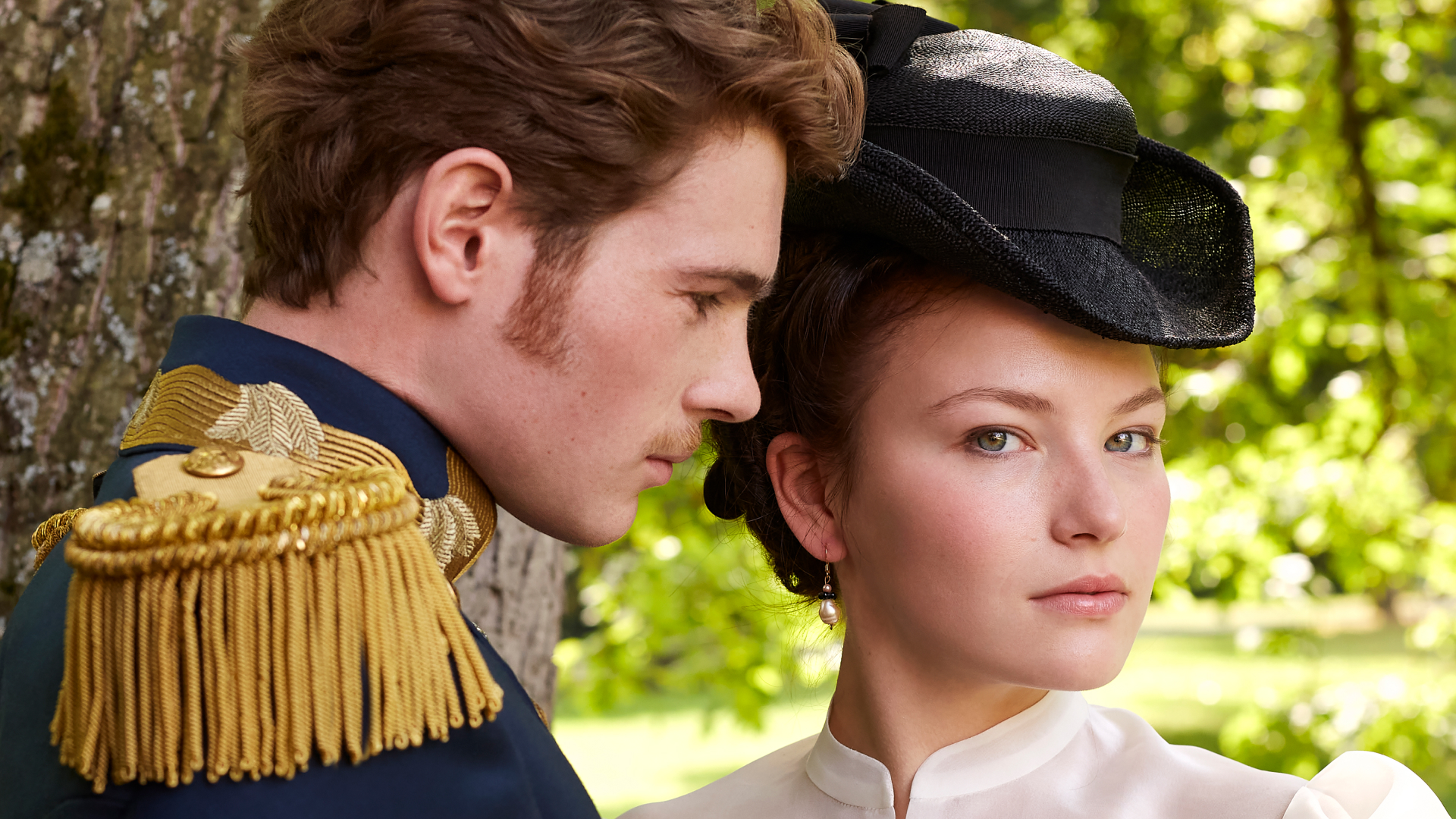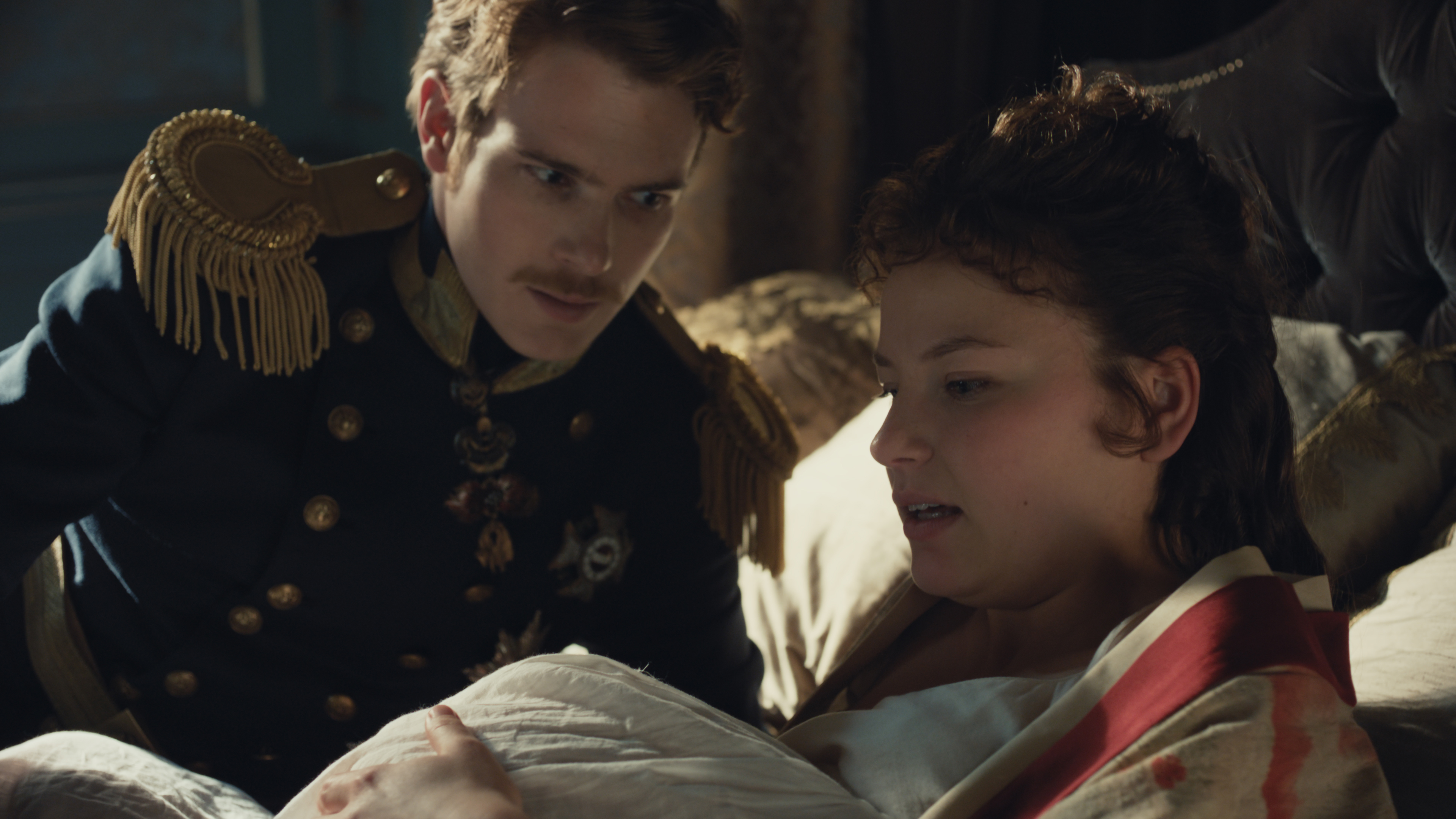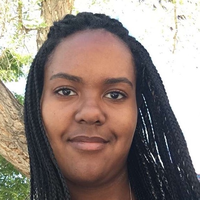The True Story Behind 'The Empress': What to Know About Empress Elisabeth of Austria
The beloved royal's life was just as tragic as the Netflix series.


The Netflix period drama The Empress gives the prestige TV treatment to one of Europe's most glamorous monarchs: Empress Elisabeth of Austria. The German-language series, which returned for its second season on November 22, 2024, is a must-watch show for fans of Bridgerton and The Crown, as well as history buffs discovering a new royal to obsess over. It follows the rebellious empress's life following her whirlwind courtship with Emperor Franz Joseph I, as she struggles to adapt to the rigid court lifestyle and her demanding new role.
After watching the International Emmy-winning series, some fans may wonder whether Elisabeth's real life was as gilded and tragic as depicted in the fictionalized show. Below, we separate fact from fiction in the life of The Empress's Elisabeth of Austria.

A portrait of Empress Elisabeth of Austria, circa 1867.
Elisabeth, or Empress Sisi, was a beloved Austrian monarch.
Elisabeth von Wittelsbach was born into the royal Bavarian House of Wittelsbach on December 24, 1837. She was the third child of Duke Maximilian Joseph—who was just as eccentric in real life as the show—and Princess Ludovika of Bavaria. Called Sisi by her family, she grew up in the Bavarian countryside and loved riding horses and playing in the woods.
Empress Sisi is one of the most well-known Hapsburg monarchs, and she's famous for her notable beauty, her rebellious behavior as empress—she smoked, had a tattoo, did vigorous exercises like gymnastics, and avoided public duties—and the personal tragedies she faced. During her reign, she was known for connecting with the common people more than the average royal, as well as her love of Hungary. Before Netflix's The Empress, her life was chronicled in several books and films, including the Sissi film trilogy and 2022's Corsage.

Franz (Philip Froissant, right) welcomes Elisabeth (Devrim Lingnau, left) to the Vienna castle, in The Empress.
Elisabeth's meet-cute with Franz Joseph was very similar to 'The Empress'.
In real life, Elisabeth married her first cousin Emperor Franz Joseph I of Austria, in a union that wasn't initially meant to happen. Instead, their mothers planned for Franz to marry Elisabeth's older sister Helene, as seen in The Empress. However, per Brigitte Hamann's biography The Reluctant Empress: A Biography of Empress Elisabeth of Austria, Franz became immediately enamored with Elisabeth after seeing her for the first time in her mother's drawing room—no first meeting in the woods there.
Franz later asked for Elisabeth's hand through the proper channels—he told his mother to ask her mother. When Sisi learned of his interest, she reportedly said, "I love the emperor. If only he were not the emperor." Still, the pair were married on April 25, 1854, when she was 16 and he was 23.

Elisabeth (Lingnau) on her wedding day, in The Empress.
Elisabeth did have a rough relationship with her mother-in-law, Archduchess Sophie.
As seen in The Empress, Elisabeth was miserable with life as the Hapsburg court, where she was overwhelmed by the crowds in public and closely monitored in private. Per Hamann's biography, she hated most court procedures, including having women dress her and giving away her shoes after one wear. Also, she and Franz had very different personalities—she was more liberal where he was conservative—along with him working near constantly. Per National Geographic, Franz even left their honeymoon early to return to his duties.
Get exclusive access to fashion and beauty trends, hot-off-the-press celebrity news, and more.
Elisabeth also had to contend with her mother-in-law, Archduchess Sophie. Sophie was known for being formidable; she reportedly orchestrated Franz's rise to the throne and advised him his entire reign. She chose every member of Sisi's staff, who would relay everything she did back to Sophie, and controlled most aspects of Sisi's relationship with Franz, even having her own staff take care of the pair's first child instead of Sisi's.
However, per Hamann, Elisabeth possibly began to understand her mother-in-law with time. She once told a lady-in-waiting that Sophie meant well, but that "the paths were arduous and the manner harsh.”

Archduchess Sophie (Melika Foroutan) with her son Franz (Froissant) in The Empress.
Elisabeth and Franz had four children together.
The royal couple would eventually welcome four children, but the family was often beset by tragedy. Their oldest daughter, named Sophie after her grandmother, died of illness at the age of two while on a 1857 trip to Hungary with her parents and 10-month-old sister, Gisela. Some historians have theorized that Sophie died of typhoid fever, as seen on The Empress, but her cause of death isn't known for certain.
Elisabeth gave birth to her only son, Rudolf, in August 1858, followed by her youngest daughter Marie Valerie in 1868. Elisabeth's mother-in-law Sophie continued to take charge of her grandchildren's care, and Sisi mostly spent her time away from Vienna following a nervous collapse in 1862, per History.com. She also struggled with mental illness and disordered eating throughout her life. She reportedly refused to allow any portraits of herself past age 40, and no photographs past age 30.
Another tragedy rocked Elisabeth in 1889, when her 30-year-old son Rudolf was discovered dead at his hunting lodge, alongside his 17-year-old mistress Baroness Marie von Vetsera. It was later determined that the lovers died together in a murder-suicide pact. In addition to devastating Elisabeth, Rudolf's death also had shockwaves that would eventually lead to the first World War; since Rudolf had no heir, the crown passed to his uncle Archduke Karl Ludwig, and his eldest son, Archduke Franz Ferdinand.

Elisabeth (Devrim Lingnau) in The Empress.
Elisabeth and Franz had a complicated but cordial marriage.
While the first two seasons of The Empress have depicted Elisabeth and Franz as having a very passionate love, in real life, their 44 years of marriage were more chill than fiery. Per The World of the Habsburgs, Elisabeth had a shy and childlike demeanor during her first years in Vienna, coinciding with her struggle to adapt to the rigid court. Franz did not handle the discord between his wife and his mother well and often did not understand when Sisi did not adhere to the norms he had been raised to follow from a young age.
While Elisabeth had well-documented health problems starting from 1859, historians have also noted that her time spent recuperating away from court seemed to have prompted a transformation, as she spent several years traveling away from her mother-in-law. Per Habsburgs, upon her return to Vienna in 1861, she was more confident and demanding, ensuring that she and Franz had separate bedrooms. In 1865, she put her foot down when their son Rudolf struggled with the same harsh education that Franz experienced as a child. Franz thought Rudolf needed to toughen up, but Elisabeth threatened to leave him if Rudolf wasn't switched to a less militaristic education.
Though it's impossible to know the full scope of their relationship, historians have said that Franz seemed to love Elisabeth more than she loved him, however, this is often ascribed to him allowing her to be away for long periods and accepting her demands, even when they brought scandal. He eventually took lovers outside of his marriage, and Elisabeth possibly even encouraged his affair with actress Katharina Schratt, his close confidant from 1889 until his death. Franz and Sisi's marriage became more strained in her later years, but for the majority of their marriage, the pair were cordial and respectful towards each other.

Franz (Philip Froissant) and Elisabeth (Devrim Lingnau) in The Empress.
Elisabeth was assassinated in 1898.
In September 1989, Elisabeth traveled to Geneva, Switzerland, under an assumed name. Per History.com, after news broke that she was in the country, an Italian anarchist Luigi Lucheni approached Sisi as she was boarding a ship and stabbed her with a "small triangular file." She collapsed soon after boarding the ship and later died of internal bleeding, at the age of 60.

Quinci LeGardye is a Culture Writer at Marie Claire. She currently lives in her hometown of Los Angeles after periods living in NYC and Albuquerque, where she earned a Bachelor’s degree in English and Psychology from The University of New Mexico. In 2021, she joined Marie Claire as a contributor, becoming a full-time writer for the brand in 2024. She contributes day-to-day-content covering television, movies, books, and pop culture in general. She has also written features, profiles, recaps, personal essays, and cultural criticism for outlets including Harper’s Bazaar, Elle, HuffPost, Teen Vogue, Vulture, The A.V. Club, Catapult, and others. When she isn't writing or checking Twitter way too often, you can find her watching the latest K-drama, or giving a concert performance in her car.